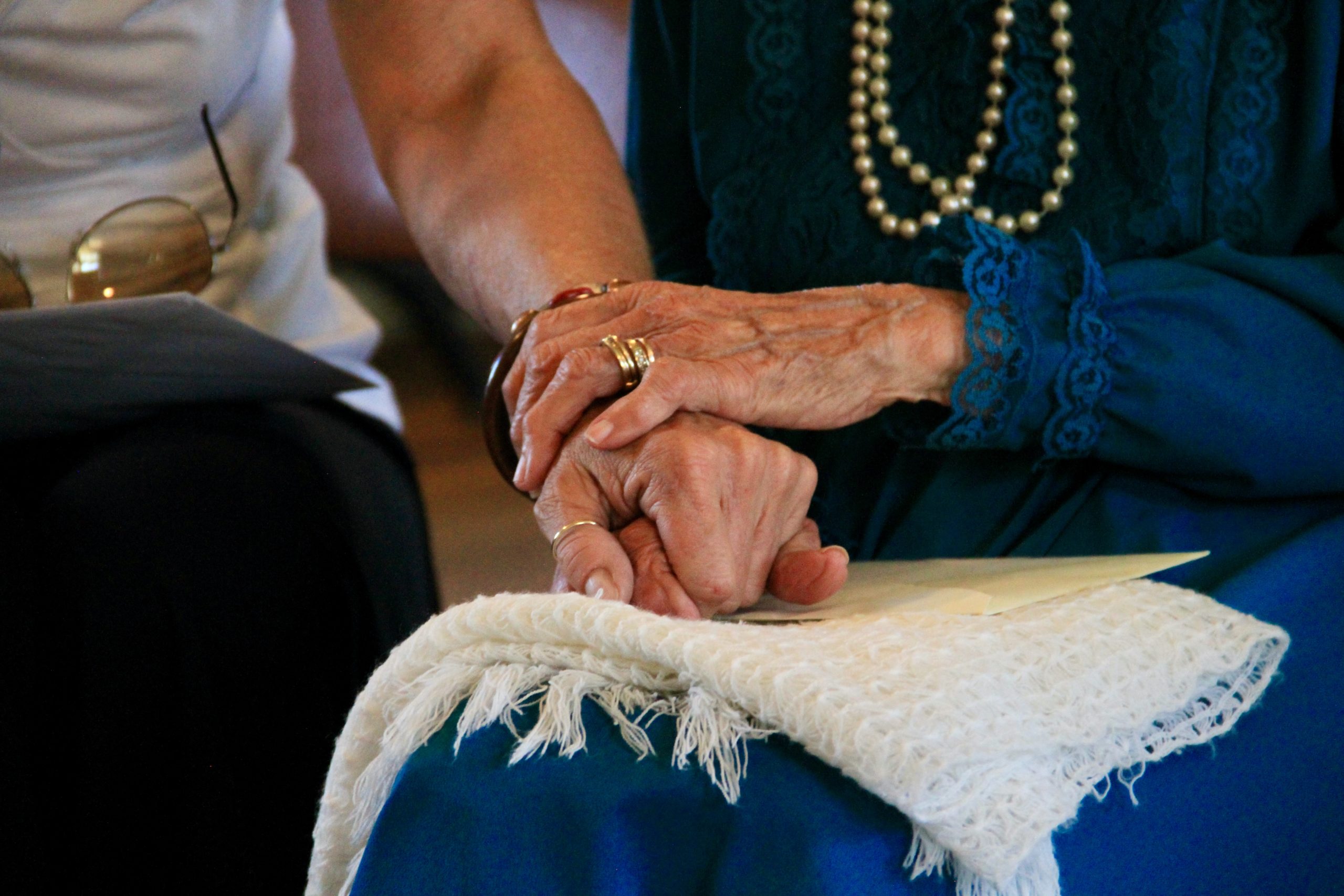
Student Article Series
Equity, diversity and inclusion: Reflections from ethnic minority AHP students

What makes an inclusive work environment, and why is it important?
An inclusive work environment is one where all employees, regardless of their background, identity, or differences, feel valued and integrated into the organisation’s culture. Such environments are characterised by open communication, respect, and equal opportunities for all.
What does being part of an ethnic minority community mean to you?
Being part of an ethnic minority community often carries a deep sense of identity and belonging, shaped by shared histories, traditions, and experiences that might differ from the majority culture. For many, it involves navigating a dual identity—balancing the cultural heritage of the minority group with broader societal norms.
Navigating my placement in the NHS as a student from an ethnic minority has been enlightening. I've had the chance to bring my cultural perspectives into patient care, which has been rewarding. It's also been a challenge to address some of the biases that can surface, both from colleagues and patients.
Are there strategies in place to support ethnic minority staff?
In 2021, an anti-racism movement was started by a group of West Yorkshire Health and Care Partnership ethnic minority colleagues called “Root Out Racism.”
The goal of the movement is to actively confront racism in all areas of society, enhance health equity, and encourage both individuals and organisations to adopt anti-racist practices. In essence, it encourages us to introspect and educate ourselves on anti-racist actions, to oppose racism, and to unite in this effort. It represents a significant move towards substantial and authentic change. Essentially, it focuses on anti-racism.
https://www.wypartnership.co.uk/get-involved/root-out-racism/about-our-anti-racism-movement
The Race Equality Network is another movement that has been implemented in the health care system, as certain levels in the organisation, especially leadership roles, do not adequately represent the ethnic diversity of our population.
The Race Equality Network has now been formally integrated into our infrastructure, possessing genuine influence and a clear purpose. This includes involvement in implementing the core offerings for all staff, the Partnership, the NHS People Plan, and the Leadership Compact throughout the system.

The Importance of Ethnic Diversity in the NHS
Ethnic diversity in healthcare is vital for several reasons. Primarily, it enhances the cultural competence of healthcare providers, enabling them to deliver care that is respectful of and responsive to the health beliefs, practices, and needs of diverse patients. Studies have shown that when healthcare providers reflect the community they serve, it can lead to increased patient satisfaction and better health outcomes. Furthermore, diverse teams are known to bring different perspectives and innovative solutions to complex problems, which is crucial in a healthcare setting.
The NHS has recognised these benefits and has been actively working towards increasing diversity within its workforce. Initiatives such as the Workforce Race Equality Standard (WRES) were implemented to monitor and improve the experiences of ethnic minority employees and ensure that they have equal access to career opportunities and receive fair treatment at work.
I've often felt that I need to prove myself more than my peers just because of my ethnicity
Student Experiences on Placement
For students from ethnic minority backgrounds, placements within the NHS provide a critical opportunity to gain practical experience and professional development. However, these placements also present unique challenges that can significantly impact their learning and overall experience.
- Representation: Students often feel more supported and comfortable when they see their own ethnic backgrounds represented among the staff. Representation not only provides role models but also instils a sense of belonging, which is crucial for confidence and professional growth.
- Cultural Competence Training: Students frequently face scenarios where cultural competence plays a critical role in patient interactions. Those who have undergone comprehensive training in this area tend to navigate these situations better, highlighting the need for such programmes to be integrated into all healthcare curricula.
- Microaggressions and Bias: Unfortunately, microaggressions and biases remain a reality for many students on placement. These experiences can range from subtle comments about one’s accent or appearance to more overt forms of discrimination. The emotional toll from these interactions can affect performance and well-being, underscoring the importance of supportive policies and intervention strategies.
- Mentorship and Support: Effective mentorship programmes are pivotal for all students, particularly those from minority backgrounds. Mentors who are culturally aware and actively promote inclusivity can make a significant difference in the students’ placement experiences.

Sometimes, it felt like there was an invisible barrier between me and the staff. They might not even realize how their words or actions came across, but it can be isolating and discouraging at times
Moving Forward: Recommendations for Improvement
To further enhance the inclusivity of ethnic minority backgrounds in the NHS, particularly concerning students on placement, several steps can be recommended:
- Increase Diversity Training: Continuous training programmes on cultural competence and sensitivity should be mandatory for all NHS staff, particularly those involved in mentoring and training students.
- Support Networks: Establishing support networks and affinity groups for students from ethnic minority backgrounds can provide them with the necessary resources and emotional support during their placements.
- Regular Monitoring and Feedback: Implementing regular monitoring of student experiences through surveys and feedback sessions can help identify and address issues of bias and discrimination swiftly.
- Promote Diverse Hiring Practices: Encouraging diverse hiring practices not only at the entry-level but also in higher positions of leadership within the NHS can enhance representation and inclusivity.
Conclusion
The inclusion of ethnic minority backgrounds in the NHS is a multifaceted issue that requires continuous effort and dedication. By addressing the challenges faced by students on placement and implementing targeted strategies to improve their experiences, the NHS can ensure it remains a leader in providing culturally competent and inclusive healthcare. This not only benefits the students and staff but also the wider community that the NHS serves.

Article written by Brendon Kondowe and Mike Okwuike, final year Physiotherapy Students at Bradford University.



